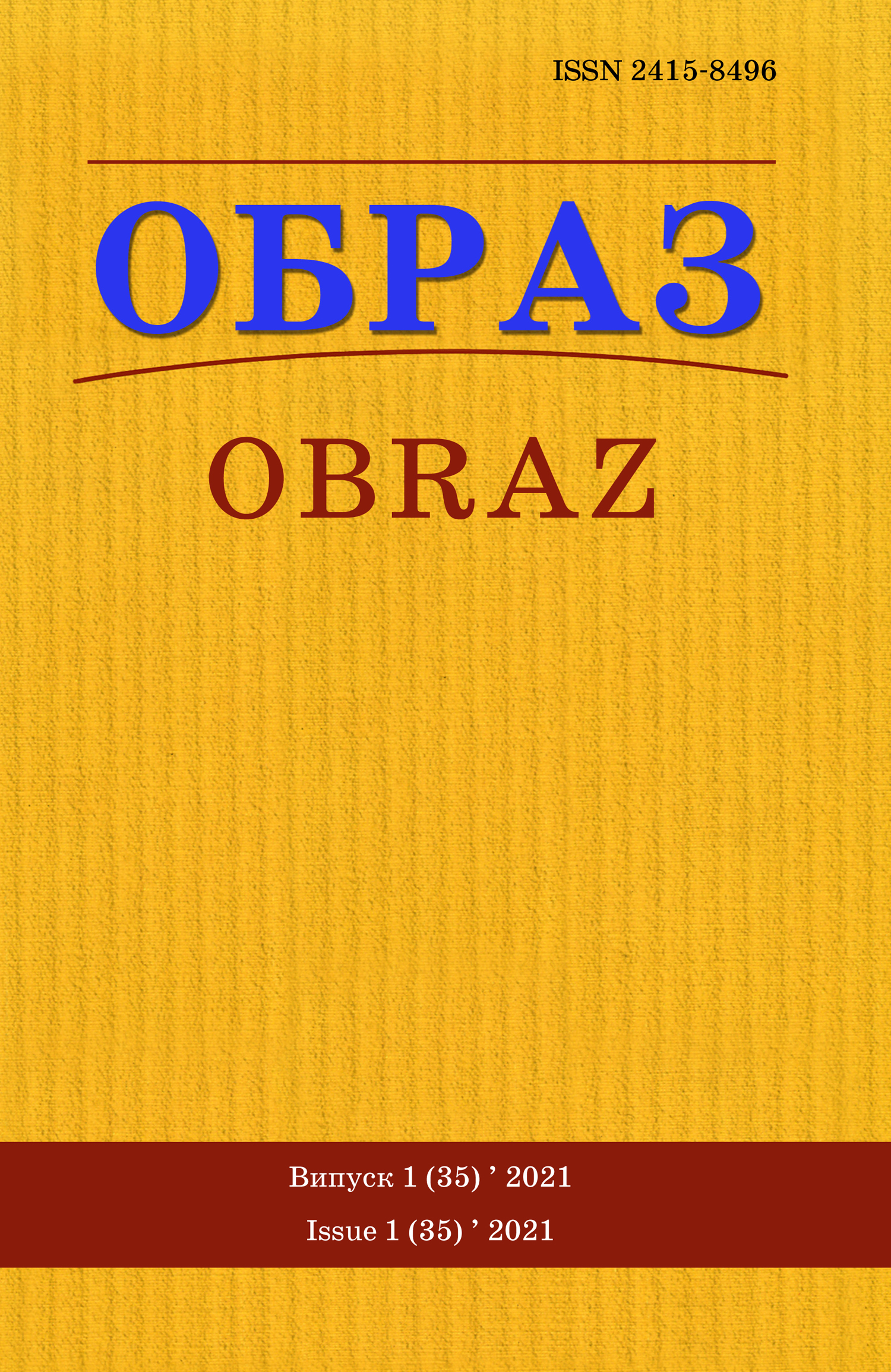Анотація
Авторка аналізує проблематику й поетику документально-публіцистичного видання М. Слабошпицького «Велика війна. 2014… Україна: виклики, події, матеріали». З’ясовується вплив мілітарного фактора на свідомість людини. Особливості авторської концепції діалектики людського та мілітарного розкриваються в аспекті антропологічної рецепції. У такому ракурсі проаналізовано взаємозв’язок антиномій «людина – влада», «людина – соціум», «людина – держава», «людина – нація». Доведено, що перший рік війни відрефлектовано на різних рівнях травматичного досвіду. Відтак креативний сенс авторського задуму виявив себе в оформленні публіцистичного тексту як різкого протиставлення відчайдушного героїзму українських воїнів із одного боку та бездарності командування – з іншого.
Посилання
1. Herasymenko, N. (2018), «A special look (review of novels by Ukrainian writers about the events of the Revolution of Dignity and the war in eastern Ukraine», Slovo i Chas [Word and Time], no. 7, pp. 24–35.
2. Herasymenko, N. (2019), According to eyewitnesses: literature from Euromaidan to the war, Dzhura, Ternopil, 128 p.
3. Zdoroveha, V. Theory and methods of journalistic creativity: a textbook, 2nd ed., PAIS, Lviv, 268 p.
4. Kotsarev, O. «Seven books about the Maidan and the War. Not yet comprehension, but a careful fixation of reality: a review», available at: https://texty.org.ua/articles/62544/Sim_ knyg_pro_Majdan_i_Vijnu_Shhe-62544/ (accessed 10 September 2020).
5. Markovskyi, M. (2008), «Anthropology, humanism, interpretation», in Morenets, V. (Ed.), Theory of Literature in Poland: An Anthology of Texts. The second half of the XX – beginning of the XXI century, Kyiv-Mohyla Academy Publishing House, Kyiv, pp. 491–503.
6. Miasnykova, L. (2015), Anthropology (philosophical), Modern philosophical dictionary, Academic project, Moscow, 822 p.
7. Pohribnyi, A. (2007), «To understand the phenomenon of literary journalism», Slovo i Chas [Word and Time], no. 4, pp. 45–52.
8. Polishchuk, Ya. (2018), «Incorporation of a documentary resource in modern fiction», Slovo i Chas [Word and Time], no. 9, pp. 3–10.
9. Polishchuk, Ya. (2013), «Literary anthropology as an actual scientific proposal», Studia Philologica, vol. 2, pp. 116–120.
10. Polishchuk, Ya. (2015), «In search of a definition of war», Slovo i Chas [Word and Time], no. 8, pp. 121–124.
11. Slaboshpytskyi, M. (2015), The Great War. 2014… Ukraine: challenges, events, materials: Documentary and journalistic edition, Yaroslaviv val, Kyiv, 320 p.
12. Solovei, O. «War and poetry», available at: http://bukvoid.com.ua/reviews/ books/2014/12/04/073709.html (accessed 11 October 2020).
13. Tarnashynska, L. (2009), «Literary Anthropology: A New Methodological Project in the Mirror of Philosophical Analogies», Slovo i Chas [Word and Time], no. 5, pp. 48–61.
14. Artistic reportage: from the square to the present (debate), available at: http://archive. chytomo.com/news/xudozhnya-reportazhistika-vid-majdanu-i-do-sogodni (accessed 19 November 2020).
15. Does Ukraine have its own Hemingway? New books about the war, available at: https:// hromadske.radio/podcasts/gromadska-hvylya-efir-za-3-kvitnya/chy-ye-v-ukrayini-sviyheminguey-novi-knyzhky-pro-viynu (accessed 11 September 2020).

Ця робота ліцензується відповідно до ліцензії Creative Commons Attribution 4.0 International License.

